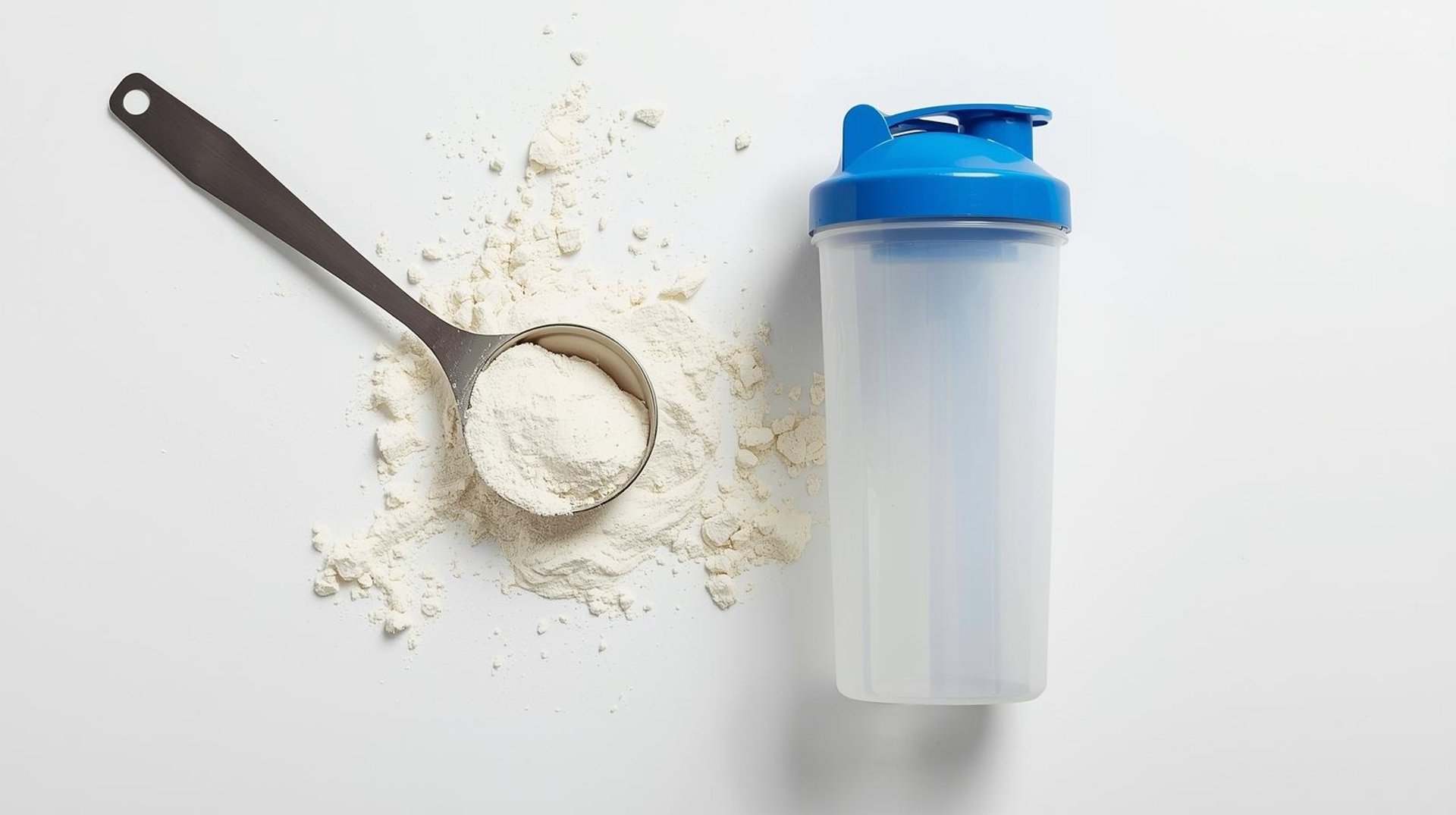
Creatine: Beyond the Gym Myths
This article is for informational purposes only and does not recommend supplement use. Everyone’s needs and responses differ — always consult a qualified professional before starting any supplement.
1. What Creatine Is
Creatine is a compound made naturally in your body from amino acids (arginine, glycine, methionine).
It’s stored mostly in muscle cells as phosphocreatine, acting like a quick-release energy reserve.
The body produces ~1 g/day and you get another ~1 g/day from foods like red meat and fish.
2. How It Works
Think of creatine as your muscle’s “backup battery.”
During high-intensity, short-burst efforts (sprints, lifts), muscles use ATP for energy.
Phosphocreatine helps recycle ATP faster, allowing a few extra reps or seconds of peak effort.
Repeated over time, this can translate into better training quality → more muscle, strength, or power gains.
3. Common Forms on the Market
Creatine Monohydrate: gold-standard, most researched, cost-effective.
Micronized Creatine: same thing, finer powder for easier mixing.
Creatine HCl, Kre-Alkalyn, etc.: marketed as “better absorbed,” but evidence doesn’t show clear advantage over monohydrate.
4. What the Research Says
Strength & Power: Consistently improves performance in short-duration, high-intensity activities.
Muscle Growth: Supports lean mass gains over weeks of resistance training.
Brain & Cognitive: Emerging evidence for potential benefit in sleep-deprived or older adults, but still early.
Recovery: Some studies suggest reduced fatigue and faster recovery, but effects are modest.
Among sports supplements, creatine monohydrate has some of the strongest scientific backing for strength and performance.
5. Natural Food Sources
Beef, pork, salmon, tuna, cod — ~0.3–0.5 g per 100 g raw meat/fish.
Vegetarians/vegans often have lower muscle creatine stores since plant foods contain almost none.
6. Safety & Side Notes
Well-studied: generally safe for healthy adults at typical doses.
Common effects: mild water retention inside muscle cells; possible temporary weight increase (1–2 kg).
Hydration: drink adequate water to minimize cramping risk.
Kidney concerns: current evidence shows no harm in healthy kidneys, but caution if you have kidney issues — see a doctor first.
Purity matters: choose third-party-tested brands to avoid contaminants.
7. Key Takeaways
Creatine = natural compound → boosts rapid energy in muscles.
Creatine monohydrate = most studied & reliable form.
Benefits mainly in high-intensity exercise performance and lean mass gains.
Usually well-tolerated, but check with a healthcare professional before starting.
8. References / Further Reading
Kreider RB et al. International Society of Sports Nutrition position stand: creatine supplementation. JISSN 2017.
Candow DG et al. Effects of creatine supplementation and resistance training in older adults. J Gerontol A 2014.
Rawson ES, Venezia AC. Use of creatine in the elderly and evidence for cognitive benefits. Amino Acids 2011.
Huberman A. Huberman Lab Podcast – Episode on foundational fitness supplements (Creatine), 2023.
Here some good options to be considered!!!